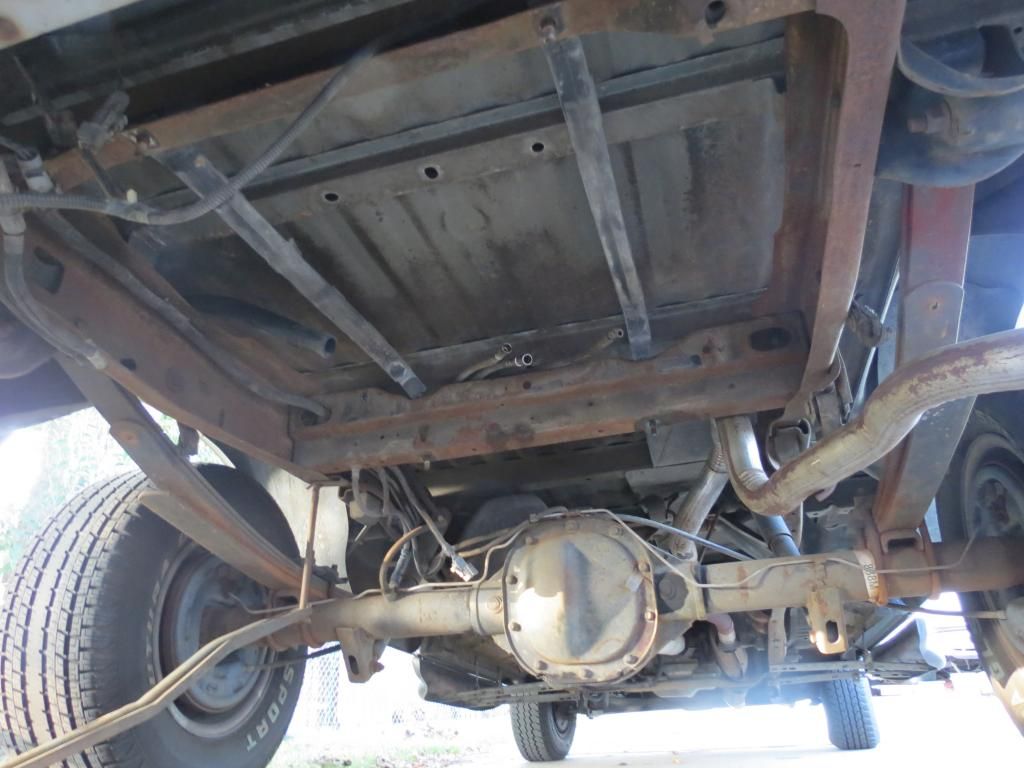Originally Posted By: grampi
Originally Posted By: MNgopher
Originally Posted By: grampi
What's disappointing is that salt is still used on the roads...there are other non-corrosive chemicals they can use...quit destroying our vehicles!
Can they be used for the same price (or even close to the same price?) What are their external effects?
To be blunt, salt continues to be used because of the public's demand for bare roads in a short period of time. To do that, salt is the most cost effective means of doing so. If there were other products that met the public demand for bare pavement at the same cost, we'd have switched to it long ago. And you should patent whatever magic elixir you know about, because you would be a very wealthy man.
And I say that as part of a team that makes those decisions at my place of employment. We are charged with reducing the amount of salt we use for a variety of reasons (which we do by using pre-treatment on our onboard dispensers with vraious types of additives. Currently using a beet juice type product applied to the salt)
The reality is until the public changes its expectations for level of service in snow and ice removal, salt will continue to be used.
Urea can be used instead of salt and it's non-toxic. No idea about the cost, but even if it costs more, wouldn't it be worth the extra cost not to ruin everyone's vehicles?
You can BET there would be a huge outcry over the tax increase necessary to use a more expensive chemical, such as urea.
Originally Posted By: MNgopher
Originally Posted By: grampi
What's disappointing is that salt is still used on the roads...there are other non-corrosive chemicals they can use...quit destroying our vehicles!
Can they be used for the same price (or even close to the same price?) What are their external effects?
To be blunt, salt continues to be used because of the public's demand for bare roads in a short period of time. To do that, salt is the most cost effective means of doing so. If there were other products that met the public demand for bare pavement at the same cost, we'd have switched to it long ago. And you should patent whatever magic elixir you know about, because you would be a very wealthy man.
And I say that as part of a team that makes those decisions at my place of employment. We are charged with reducing the amount of salt we use for a variety of reasons (which we do by using pre-treatment on our onboard dispensers with vraious types of additives. Currently using a beet juice type product applied to the salt)
The reality is until the public changes its expectations for level of service in snow and ice removal, salt will continue to be used.
Urea can be used instead of salt and it's non-toxic. No idea about the cost, but even if it costs more, wouldn't it be worth the extra cost not to ruin everyone's vehicles?
You can BET there would be a huge outcry over the tax increase necessary to use a more expensive chemical, such as urea.


